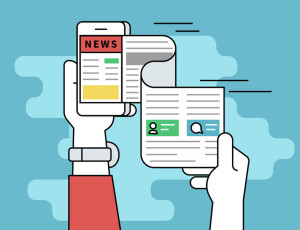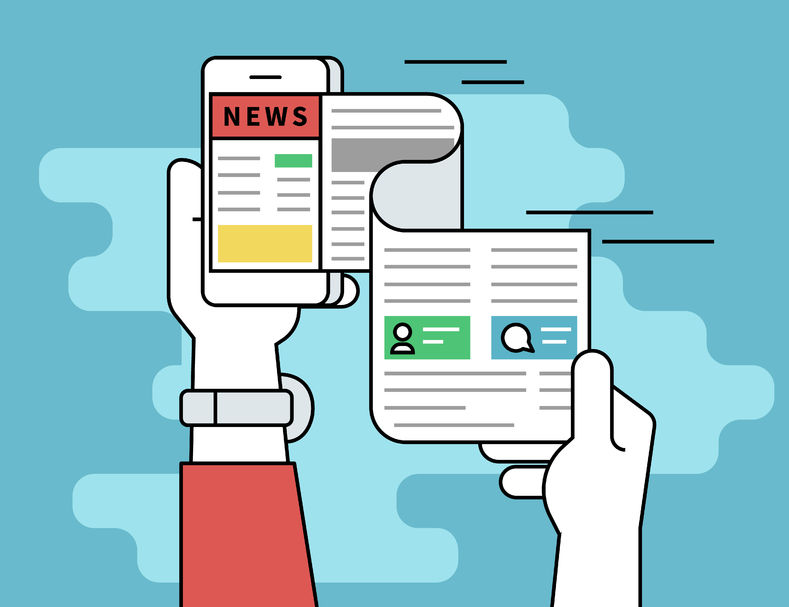 According to Roger McNamee, filter bubbles are the “most important [tools] used by Facebook and Google to hold user attention” because they lead to an “unending stream of posts that confirm each user’s existing beliefs.” In other words, filter bubbles arise from online algorithms that are tailored to each individual user based on what they have previously searched for. This may seem like a good idea for creating a more customized web browsing experience, but when it comes to politics and democracy itself, filter bubbles can have devastating consequences.
According to Roger McNamee, filter bubbles are the “most important [tools] used by Facebook and Google to hold user attention” because they lead to an “unending stream of posts that confirm each user’s existing beliefs.” In other words, filter bubbles arise from online algorithms that are tailored to each individual user based on what they have previously searched for. This may seem like a good idea for creating a more customized web browsing experience, but when it comes to politics and democracy itself, filter bubbles can have devastating consequences.
Since our upcoming National Symposium focuses on the subject of political divisions in America today, let’s explore the role online filter bubbles play in political polarization:
Shutting Out Dissent
Filter bubbles are dangerous because they create the illusion that everyone agrees with our thoughts and opinions online. If we disagree with someone’s political views on social media, we can simply block or unfollow them, which means we won’t have to read any dissenting opinions, let alone engage with others who disagree with us in any way. This is problematic because it can further entrench our values and ideas without ever having to critically question why we believe what we believe or consider alternative viewpoints.
If we are not exposed to other ideas and perspectives beyond our own beliefs, then this artificial absence of contrary evidence or opinions can trick us into thinking we must be right because no counter-argument seems to exist. In reality, we simply don’t see those counter-arguments. The algorithms that determine what we see first (or at all) in our social media and news feeds sacrifice exposure to many possible views in exchange for a highly subjective web browsing experience related to our search histories.
Be Open to New Perspectives
To avoid getting caught in a filter bubble and boost your own awareness of others’ views, it’s important to consume news and other informative content from a variety of websites and news platforms instead of only going to one source for all your information. Additionally, you should embrace opportunities to engage with others who disagree with you – online and offline – in order to understand what “the other side” believes and critically consider your own beliefs, rather than accepting them as innately true.
It’s not easy to accept the possibility that viewpoints contradicting your own could be just as valid as your views, but it’s a crucial component of becoming a well-rounded and informed citizen, rather than giving in to political polarization and attacking the “other side” just because you disagree with them. The old adage of “let’s agree to disagree” is relevant here – you may never come eye-to-eye with someone online, but rather than getting trapped in a filter bubble, actively reach out and constructively engage with others to bridge divides and begin the healing process for our deeply polarized nation.






